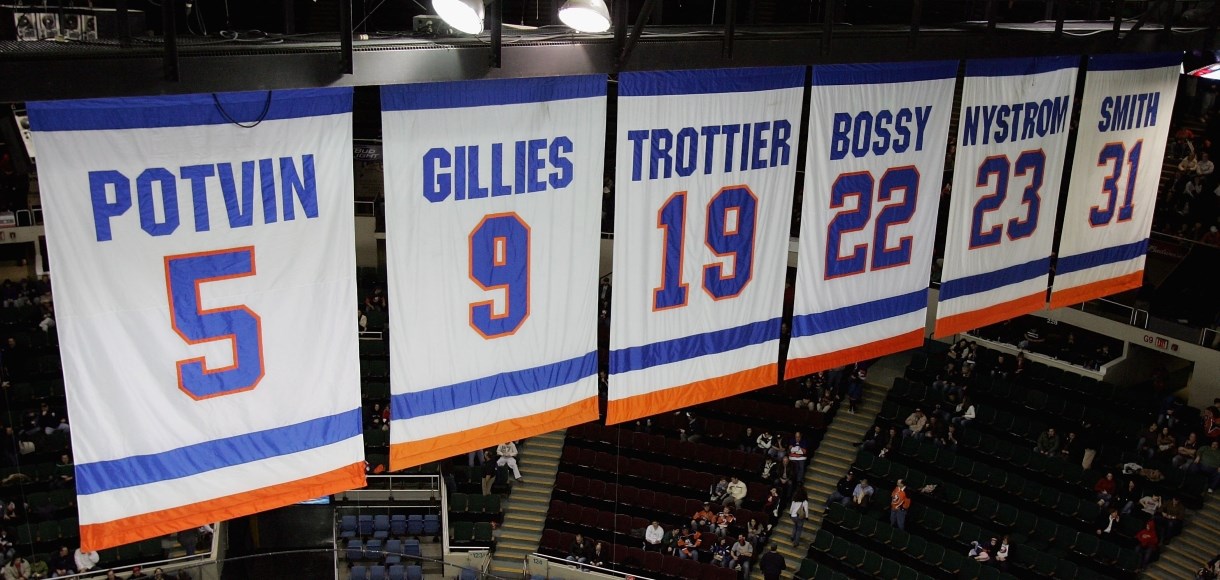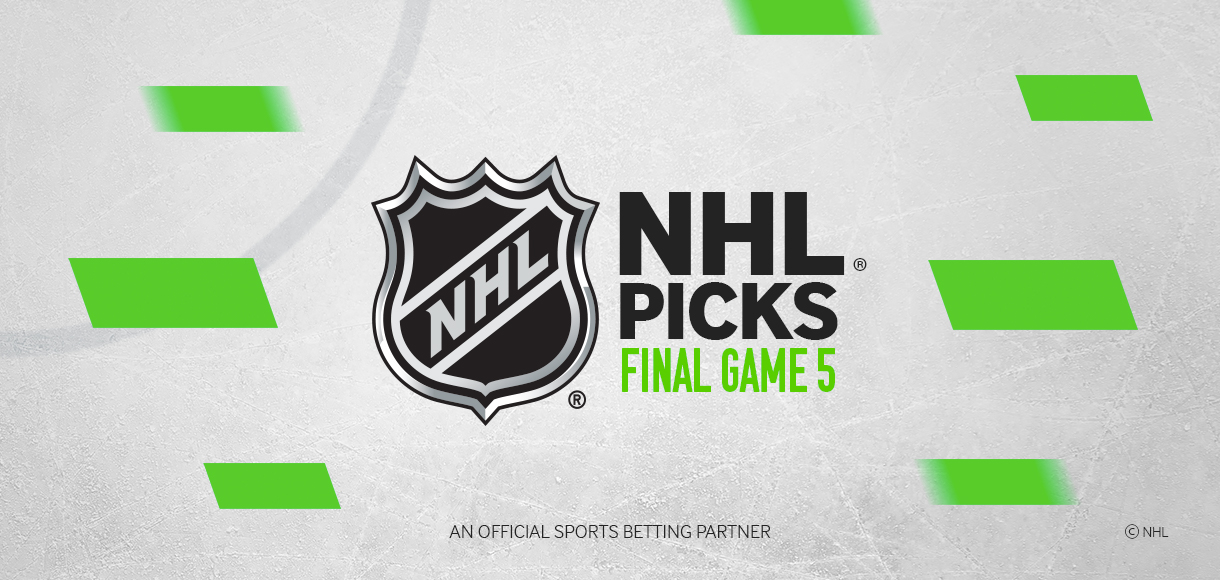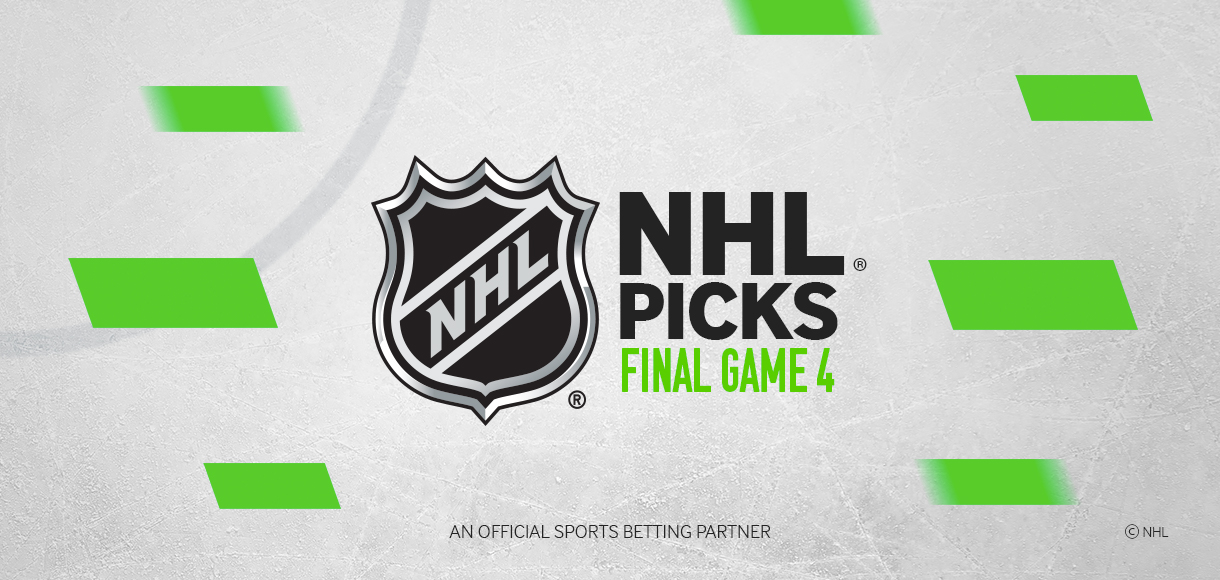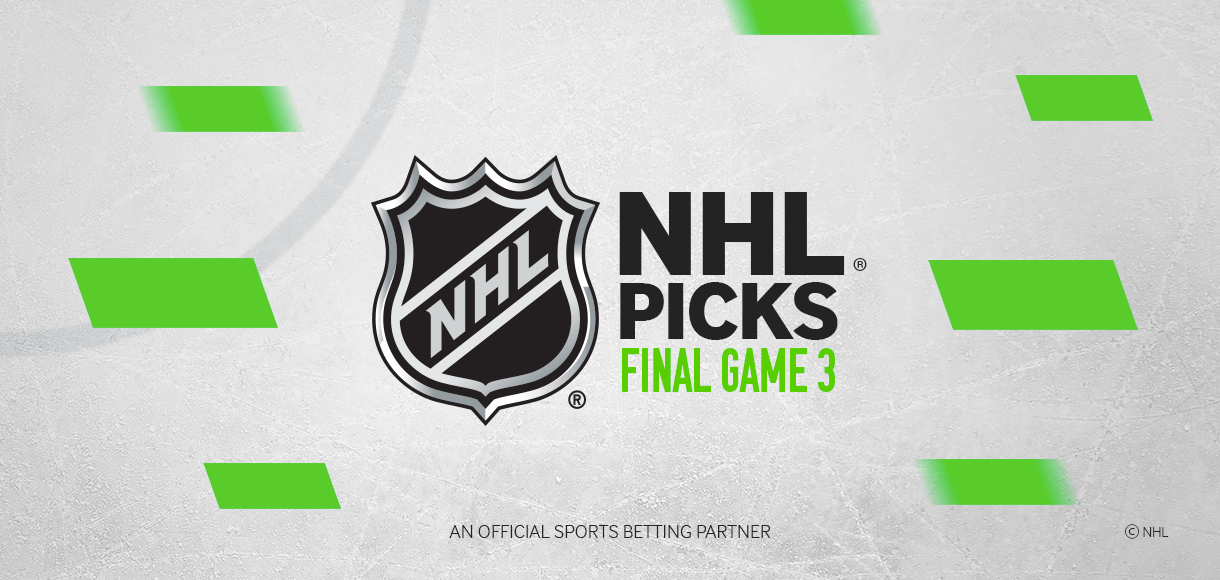Clark Gillies and Bobby Nystrom on how to win the Stanley Cup

New York Islanders legends Clark Gillies and Bobby Nystrom sat down with Chris Peters to discuss the ingredients behind their Stanley Cup dynasty.
The road to the Stanley Cup is long and difficult. It takes years to build rosters that can contend for the title. As the 2020 champion Tampa Bay Lightning learned, sometimes you need to go through hardship in seasons prior to finally getting to hoist one of the oldest trophies in team sports.
The Lightning - who are to win the 2021 Stanley Cup in the NHL odds - were swept the previous postseason in the first round by the Columbus Blue Jackets and had to hear about it all year. One of the things that made the Lightning successful, however, was that they did not blow up the roster. The core remained intact, the front office showed patience and then they managed to add key pieces to the depth of their lineup over the course of the season.
Building cores, as the Lightning did, often takes years. It can also be hard to keep those cores together as the NHL salary cap continually squeezes teams when it comes to paying their best players. But roster continuity can be an extreme advantage for teams that win the Stanley Cup.
Bobby Nystrom and Clark Gillies know a thing – or four – about winning the Stanley Cup. The longtime teammates and friends were part of the New York Islanders dynasty that brought four consecutive Stanley Cups to Long Island between 1980 and 1984. They also know an awful lot about the struggles a team has to go through before winning a Stanley Cup and the sweetness of finally winning with the same group you’ve battled through with.
The Islanders had a core of players that had been with the team for years before they finally won their first title in 1980. Nystrom and Gillies had been Islanders for more than five seasons by the time the dynasty began. Other key players like Bryan Trottier, Denis Potvin, and Billy Smith had been there for at least four seasons. Mike Bossy, the team’s leading goal scorer was there for three seasons.
So, they had a pretty good foundation before they started what would become one of the NHL’s most legendary dynasties. Every one of them - plus Butch Goring who joined the team during the 1979-80 season in a trade - had their numbers retired. Their coach, Al Arbour, and GM, Bill Torrey, also have banners hanging in the rafters.
Nystrom and Gillies recently sat down, virtually of course, with Betway Insider to discuss what it was like to build towards the dynasty, the likes of which – along with the Edmonton Oilers who followed them on a run of Stanley Cups – we will probably never see again.
When did it become apparent to you that you had a group capable of winning the Stanley Cup?
Bobby Nystrom: It became apparent when we won the Stanley Cup [laughs]. You know what, we had a couple of teams in 1978 and 1979 that we really thought we were right there at that point, especially in ’79 when we won the Presidents’ Trophy. We thought we were on our way, but the playoffs are so totally different.
I would have to say when we got [Miracle on Ice defenseman] Kenny Morrow and [trade acquisition] Butch Goring, I think that really solidified our team. At that point, I thought we could have a run at it.
Clark Gillies: I agree totally with Bob, it was a real learning process for us. It took losing those two years against Toronto and the Rangers. It took losing to help us figure out what we needed to do to put the effort in to win.
One of the things we were missing in ’78 and ’79 was that physicality. Facing the Bruins in the second round in 1980, that’s when we really woke up. Everyone was picking the Bruins to outmuscle us and intimidate us. I think we showed them in a big way that we weren’t going to be pushed around in 1980. It springboarded us to beat the Flyers in the finals and I think from that point on, we had the respect of everyone in the league.
Aside from the key additions of Morrow and Goring in that first Stanley Cup season, how important did you feel Bill Torrey’s dedication to keeping your group together played into your Stanley Cup success?
BN: When we lost in ’79 to the Rangers, I thought for sure they were going to change a lot of people on the team. I have to compliment Bill Torrey and Al Arbour for being patient and when they picked up Butch and Kenny, that made a big difference. All the guys came together really, really well. We went out together at night, you know. We had a good group.
Was that important, being friends and liking each other, personally?
BN: Well let me say one thing, if I may, Clark would beat the shit out of you. That’s how he impressed the boys. That’s how we became friends. He’d beat up the other guy on the team that was picking on him.
CG: [chuckles] I think we were all friends. Al Arbour would say if we weren’t pulling for each other. He once came into the locker room, and you’ll remember this Bobby, he said: "I don’t care if you go to dinner, go to lunch, or if you ever see each other off the ice. You come through that dressing room door, you better be willing to go through a wall for each other."
There were guys that hung out with certain guys and we’d get together as one big group every once in a while, but all-in-all we really liked each other. We were together for a long, long time and we were more like brothers than we were teammates. I think I knew everything from one second to the next, I knew what Bob was going to do, he knew what I was going to do. We just got to know each other so well that we were just like a bunch of brothers, working for the same goal and it developed tremendous chemistry. We just knew each others habits and it was a kind of feeling.
So how much did that first championship galvanize the group? What made you all want to stick together and keep pushing for even more success?
CG: I always go back to 1978 and 1979 and what a bitter taste that left in our mouths. To win, to find out what a sweet taste that was. We were still a very young team and the personnel had not changed from the first year. So we were still all very hungry. We knew we had another shot. That was great, let’s do it again! That was the feeling amongst everybody. We were a very good hockey team and we had every right to repeat. Let’s go out there and do it again. We all had the same mindset. Our only outcome that we all wanted was to win the cup again.
BN: No question about it. When you really come right down to it, it’s such an education. Once you experience what you go through in all of those series, all of a sudden you’re not shaking. Al would always say: "Don’t be afraid to lose, the sun will come up in the morning."
Would you rather be the person that’s out there on his toes attacking, attacking, or the guy sitting back on the bench worrying about making a mistake? So, we learned a lot from him, but we learned a lot from each other also.
How important was it to have the same coach, too? NHL coaches don’t last the way Al Arbour did anymore, but how did that impact your ability to win?
CG: I’ve always said that the one of our biggest assets was that he knew each and every guy on that team. He knew what buttons to push.
BN: That’s the truth.
CG: He treated me different than Bob, he treated Denis Potvin different from Wayne Merrick. I mean, Denis Potvin…
BN: Tell that story about Denis and the piano!
CG: Arbour would come in and he’d just berate Denny. He would say stuff like: "You know, I don’t mind if you carry a piano on your back, but when you stop and play it, that’s where I’ve got to draw the line."
BN: That was the funniest thing, the guys were cracking up in the locker room.
CG: Meanwhile, Denny was the best player on the ice and probably already had a goal, but Arbour just wanted to get him fired up and he would go out there and do it the next period.
On a team full of star players, how did you all manage things like egos and conflicting personalities and did being together so long help smooth that all out?
BN: Everyone really knew what their role was. The penalty killers would sit on the bench, but then they’re ready to go. I think there was just knowing what you needed to do as a player, knowing your limitations. Al would always tell me: "Nystrom you can’t carry a puck, give it to your centerman!"
CG: I’ve always said the key ingredient is that we had 20 guys and they all had a job to do. I couldn’t kill a penalty if my life depended on it.
BN: Oh, me neither.
CG: But you know what, I’m very good at standing in front of the net on the power play and attracting two other guys while Trottier and Boss and Denny freewheeled. We all had 20 guys that all had a job to do, and if we all did our job and worked as hard as we possibly could, we were basically impossible to beat for a long, long time.
By the time you guys won your fourth Stanley Cup, did it ever feel automatic like you knew you would win?
BN: I would say no. There was always doubt. There were some very, very good teams. We knew each year that we were going to have to do our best and play our best and overcome adversity. It’s just not an easy thing to win.
CG: In 1982, we were playing the Pittsburgh Penguins in the first round and we annihilated them in two games. We thought we’d waltz into Pittsburgh and beat them, come home and rest for the next series. Next thing you know, they tie up the series and with five minutes to go in Game 5 back at the Coliseum, we were down 3-1. And we’re thinking, oh boy, is this how it's supposed to end? And thank God John Tonelli scored with a minute to go and then we go into overtime. We could have very easily lost that game. Mike Bullard nearly scored and if he hits the net, we only win two in a row. Then Bobby goes down and scores the winning goal in overtime.
BN: I actually remember I took a penalty and the penalty box attendant was sitting next to me and he says: "I can’t believe it’s over." And I said to him: "It’s not over yet." That turned out to be pretty doggone good.
Will we ever see the likes of a dynasty like yours or the Oilers again? It seems like the salary cap and player movement makes it near impossible to keep teams together the way they used to.
BN: I think it’s impossible. We had most of our team together for those Stanley Cups. That’s unheard of. A guy will have a great season and they’re moving on to another team for more money. That really never happened with us.
CG: We had 16 guys that were on all four Cup teams.
There’s a saying that champions walk together forever. You guys are still great friends and friends with many of your teammates. What’s it like when you all get together now?
BN: It’s like we’re never apart. When we get back together, it’s like we were together all the time. It’s just a family, it’s literally impossible to duplicate.
CG: [Islanders owner] John Ledecky has taken it upon himself to get all of the alumni together to come in once a year. It’s not just our team, but every player that ever played a single game for the Islanders. It’s really interesting to get all the guys together from even after Bob and I played. We get together and we’re just all big one happy family.
BN: We also played in an area that is just fantastic. The fans were absolutely for us and they supported us. It was just amazing. So we have to give them credit, too. Even after we won, I can’t remember a night where I had to go buy myself a drink. They’d buy you drinks and dinner. It was just fantastic.
CG: That happened for a long time. We have the best fans. I’m still here on the Island working and they never stop talking about the Stanley Cups. Everyone is still so enthralled with what our group did back in the early 1980s.
Check out the Betway Insider's NHL picks page for best bets throughout the 2020-21 NHL playoffs, and Betway's NHL betting page for the latest odds.




































